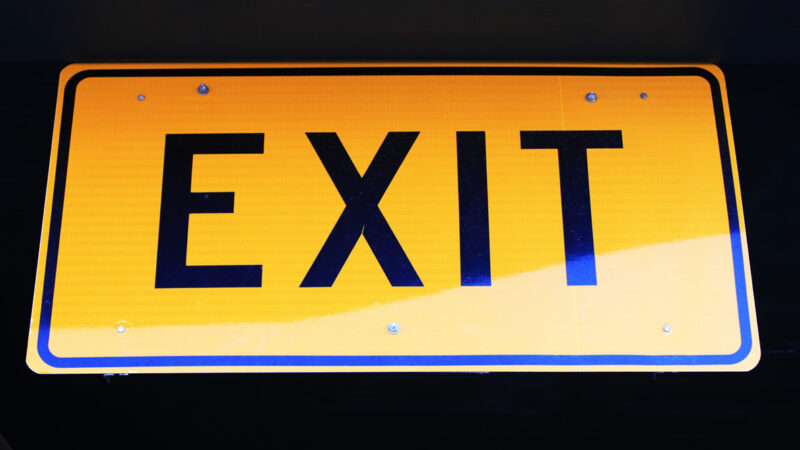The more “out” of the EU the UK is, the more damage to the economy

A tweet by Sony Kapoor:
Any economically sensible relation with the #EU post #Brexit will be at the cost of a much greater loss of the sovereignty sceptics cherish
— Sony Kapoor (@SonyKapoor) October 16, 2015
This is absolutely right, and let me give a little more context.
If Britain were to be like Norway – inside the European Economic Area – the democratic gain for the UK is zero. Britain would have to implement the rules of the EU Single Market but would have no say over them. Norway’s Europe Minister Vidar Helgesen has said as much. OK, the UK would not have to be part of the EU’s CAP and would not contribute to regional funds, so there would be a marginal budget win – that’s of course if all farmers and the UK’s poor regions would cease to be subsidised in a post-EU era (highly doubtful). Also there is free movement of people within the EEA, as there is within the EU, and that’s not going to reassure Tories and KIPpers. Yes, EEA membership would cause the least economic shock because access to EU markets would remain as it is, but if that’s what you want, why not stay in the EU?
On the other side, if the UK wants to be more out than Norway is – to have a relationship with the EU that is more like the relationship the United States has with the EU – that means have the power to set new standards for things. That, for example, car emissions standards are set differently. That IT firms data protection standards are different (a Safe Harbour with the UK, anyone?) That safety standards for suntan creme, the plastics used in childrens toys, and the efficiency standards for electric goods would all be different. Because these are the sorts of things that being outside the EU would allow the UK to set for itself, the House of Commons would gain new powers. But here the economic impact is much larger. There are basically two standards for car production worldwide – the American standard, and the European standard. Would Sony or Apple like to bear the cost of a UK energy efficiency standard and a different EU one? If – in practice – the EU standards for all these things are going to apply in the UK anyway, then we’re back to the Norway case above – the democratic gain looks theoretical.
In short: if the UK wants an exit from the EU to cause as little economic damage as possible, it needs the EEA and will be like Norway. If it wants the full reassertion of sovereignty, then that is going to mean setting new standards for things, and that is going to be economically damaging.
Britain can have an economically decent outcome from a Brexit vote, or a democratically decent one, but it can’t get both.
More about this can be found in my old blog entry on how Britain outside the EU would work in practice, and a recent Guardian piece by Mark Leonard.
Jon, re your regional funds comment, part of the EEA deal is that Norway has to contribute to cohesion policy – see here: http://eeagrants.org/Who-we-are. As a result, I think they are the highest net contributor to cohesion policy, since they get no funds back, unlike the Member States.